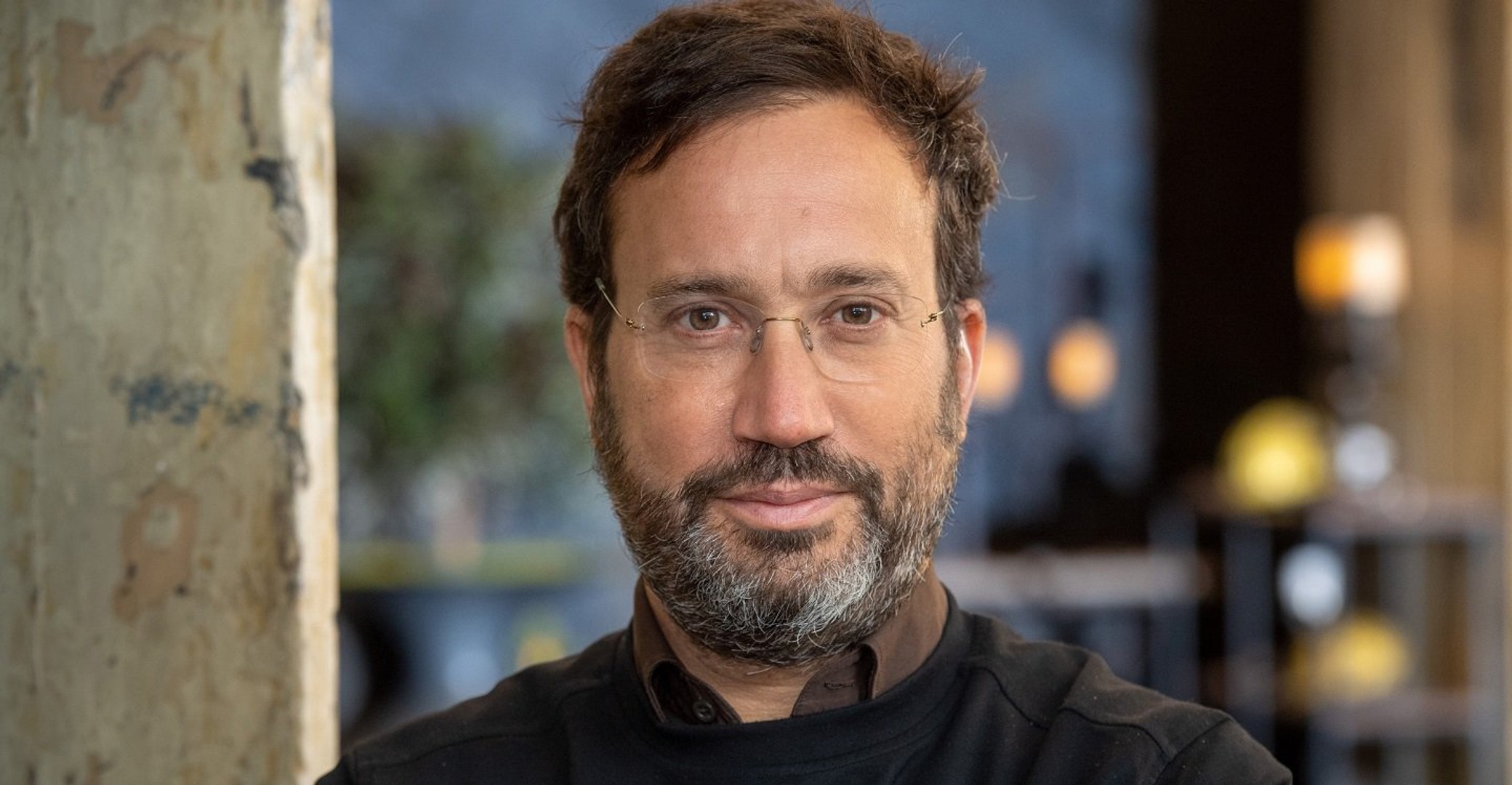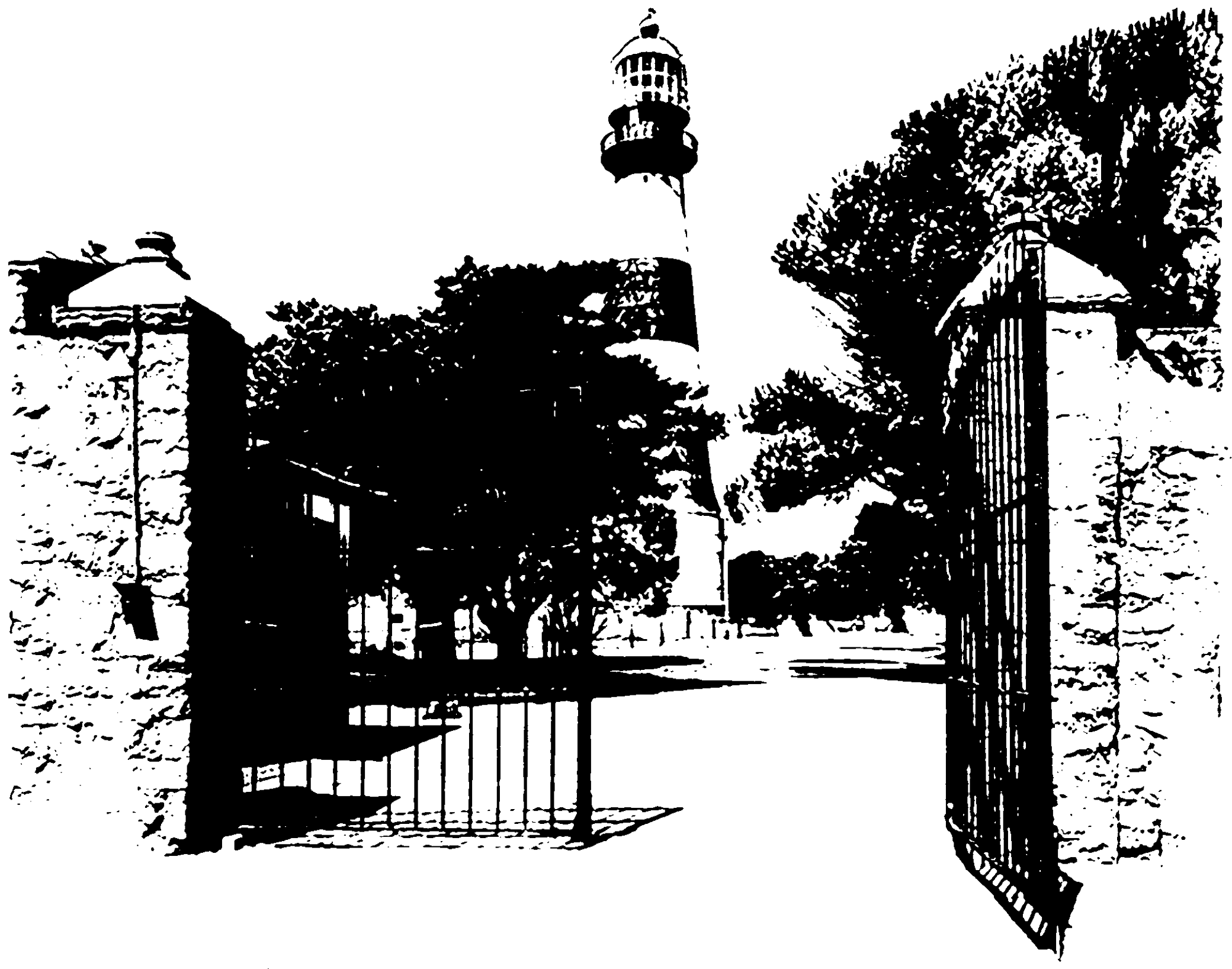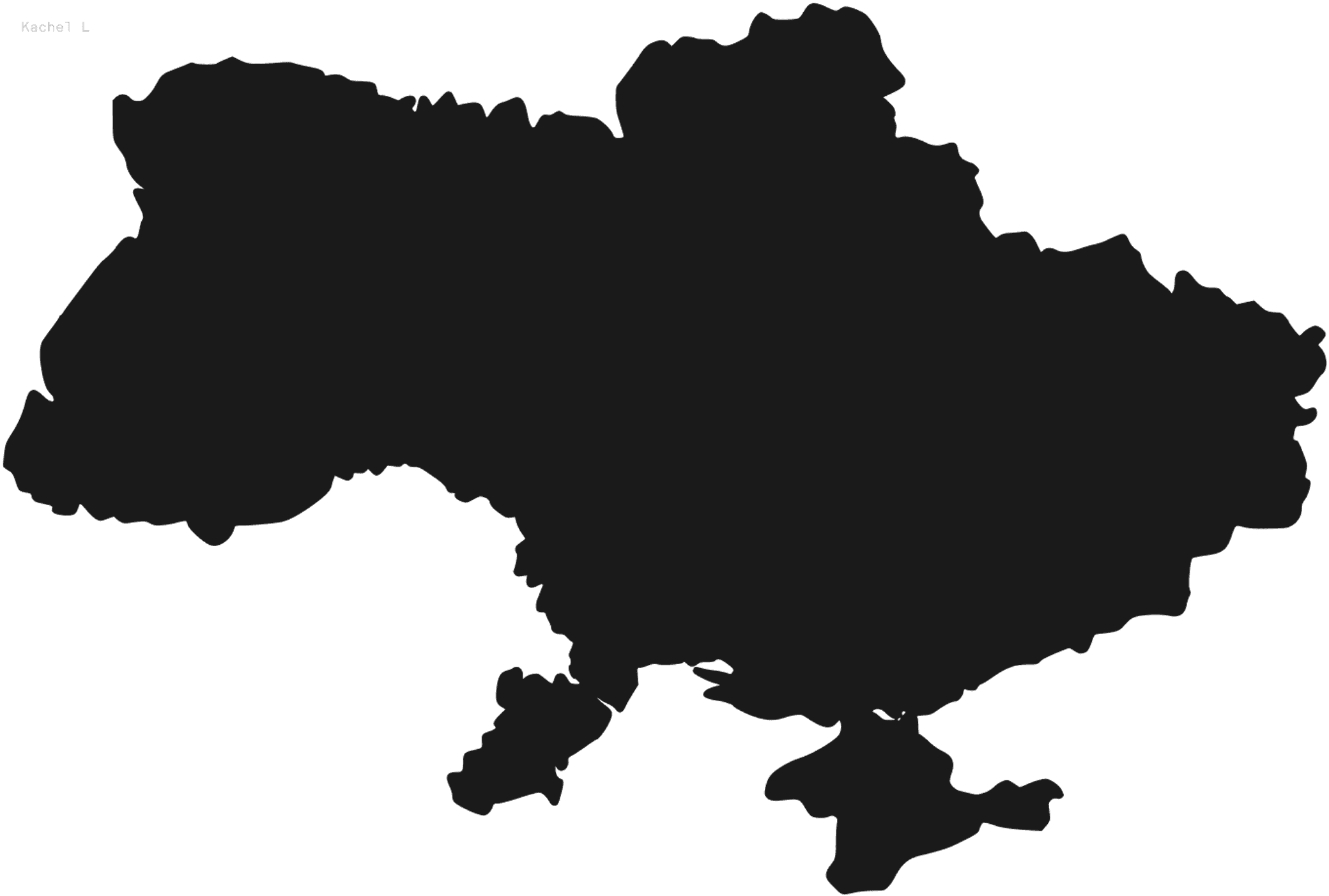Eyal Weizman, founding director of research agency Forensic Architecture and its Berlin based sister agency Forensis, and ECCHR General Secretary Wolfgang Kaleck speak about the new joint initiative between Forensic Architecture, Forensis and ECCHR: Investigative Commons.
00:00:00
00:00:00
Dieser Beitrag ist nur in englischer Sprache verfügbar.
Forensis: Forging a political practice

Forensis
In their conversation they discuss the advantages of presenting evidence in cultural fora, a strategy Forensic Architecture (FA) [1], Forensis [2], and ECCHR has been quite familiar with. With the Investigative Commmons [3] the organizations are testing how each of their approaches can be useful to one another synthesizing different methodological approaches.
The Investigative Commons is an expanded community of practice that includes besides ECCHR, FA and Forensis investigative agencies and reporters, lawyers, activists, whistleblowers, scientists, artists, architects, filmmakers, software developers and cultural institutions.
Over the past decade, ECCHR and Forensic Architecture have cooperated on human rights crimes worldwide, such as on working conditions in Pakistan [4], European Arms in Yemen [5], and Spanish push-backs in Melilla [6]. In 2020, this cooperation resulted in joining forces to give a physical space for the global network of practitioners within the offices of ECCHR and Forensis.
One of the common projects is the work on the German colonial crimes in Namibia. ECCHR works to legally address the committed crimes, cooperating with the civil society of the Nama, Ovaherero, San and Namibia.[7]
In 2022, HKW (Haus der Kulturen der Welt) hosted the conference The German Colonial Genocide in Namibia: A Case for Reparations, presenting findings of a research conducted by Forensic Architecture/Forensis, together with the Ovaherero/Ovambanderu Genocide Foundation (OGF). [8]
Forensic Architecture is a research agency based at Goldsmiths, University of London. Their mandate is to develop, employ, and disseminate new techniques, methods, and concepts for investigating state and corporate violence with a team of architects, software developers, filmmakers, investigative journalists, scientists, and lawyers.
Founded in 2021 in Berlin as a non-governmental, not-for-profit association (e.V.), Forensis works for and in collaboration with individuals and communities affected by state and corporate violence, to support their demands for justice, reparations, and accountability.

Forensis: Forging a political practice
00:00:00
Biographies
Founding Director of Forensic Architecture and Forensis
Eyal Weizman
Eyal Weizman is an architect, Professor of Spatial and Visual Cultures and director of Forensic Architecture, which he founded in 2010. In 2005 he founded the Centre for Research Architecture at Goldsmiths, University of London. Weizman is on the Technology Advisory Board of the International Criminal Court in The Hague.
General Secretary of ECCHR
Wolfgang Kaleck
Wolfgang Kaleck founded the European Center for Constitutional and Human Rights with other internationally renowned lawyers in Berlin in 2007. As a lawyer, he represents whistleblower Edward Snowden, among others. Kaleck has also published numerous books.
Photo Credit
© RBA_Richard von Weizsäcker Forum / Eyal Weizman
LOA is part of ECCHR. We are a human rights organization that relies solely on independent funding and donations from its community. Support our work with a donation!




